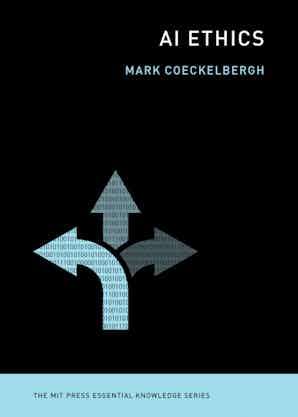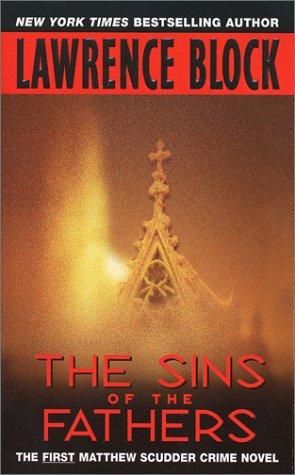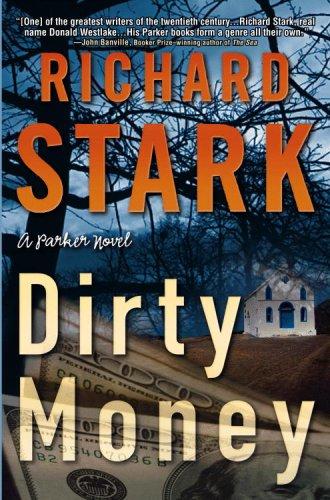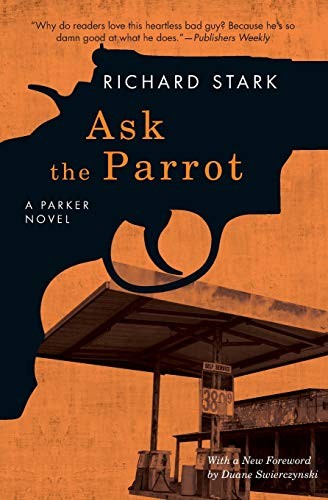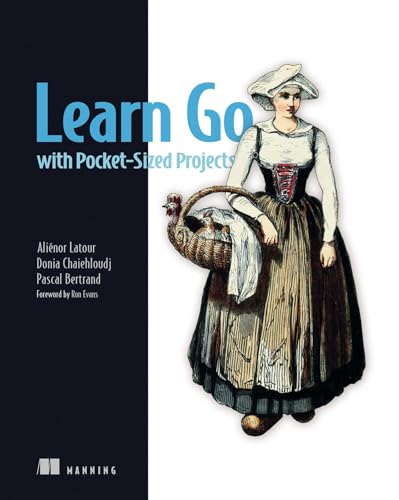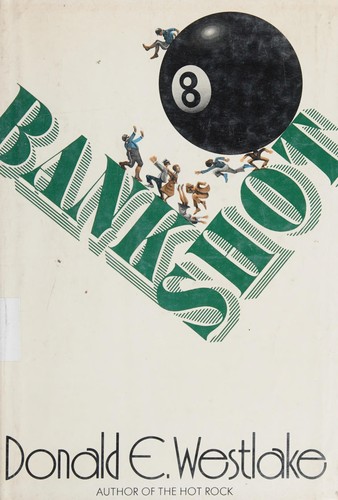While they waited for their food, Parker said, “This whole thing is the wrong side of the street for you.”
Sandra grimaced. “I don’t think of it like that,” she said. “What I think, there’s no sides to the street because there is no street.”
“What is there?”
She studied him, trying to decide how much to tell him, moving her fork back and forth on the table with her left hand. Then she shrugged, and left the fork alone, and said, “I figured it out when I was a little girl, what my idea of the world is.”
“What’s that?”
“A frozen lake,” she said. “Bigger than you can see the end of. Every day, I get up, I gotta move a little more along the lake. I gotta be very careful and very wary, because I don’t know where the ice is too thin. I gotta listen and watch.”


